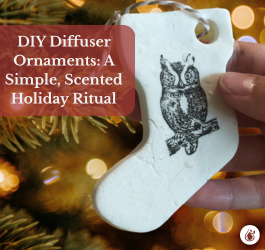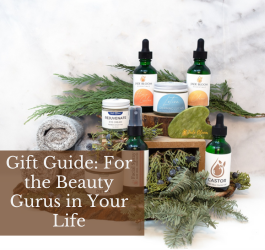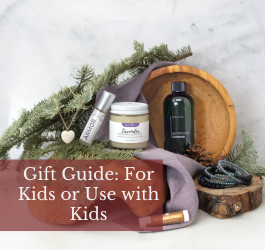Rosehip Seed Oil vs. Pomegranate Oil: A DIY Skincare Guide
If you love making your own skincare products or want to understand which natural oils work best for your skin, you’ve probably come across Rosehip Seed Oil and Pomegranate Oil. These two powerhouse oils are packed with nutrients, but they have different properties that make them suitable for different applications.
Let’s break down their key components, benefits, and the best ways to use them in your DIY skincare and wellness routine.
Rosehip Seed Oil
Rosehip Seed Oil is extracted from the seeds of wild rose bushes, particularly Rosa canina. It’s well-known for its high concentration of essential fatty acids and skin-rejuvenating properties.
Key Components & Benefits:
-
Rich in Vitamin A (Retinoic Acid): Supports skin renewal and helps reduce the appearance of fine lines and scars.
-
High in Omega-3 and Omega-6 Fatty Acids: These essential fatty acids deeply nourish and hydrate the skin.
-
Contains Antioxidants (Vitamin C & E): Helps combat free radicals and improve overall skin tone.
-
Fast-absorbing: Unlike heavier oils, rosehip seed oil penetrates quickly without leaving a greasy residue.
Best Uses for Rosehip Seed Oil:
-
Facial Serum: Apply a few drops directly to your face for deep hydration and improved skin elasticity.
-
Scars & Stretch Marks: Massage onto scars and stretch marks to promote skin regeneration.
-
Hair & Scalp: Mix with your shampoo or apply directly to dry ends to restore shine.
-
Cuticle & Nail Oil: Strengthens brittle nails and hydrates dry cuticles.
Pomegranate Oil
Pomegranate Oil is derived from Punica granatum seeds and is prized for its rich, deeply nourishing properties, particularly for mature or dry skin.
Key Components & Benefits:
-
High in Punicic Acid (Omega-5): This rare fatty acid has strong anti-inflammatory and anti-aging properties (source).
-
Antioxidant Powerhouse: Contains polyphenols and Vitamin C that protect against environmental damage.
-
Deeply Moisturizing: Ideal for dry and mature skin as it helps restore hydration and elasticity.
-
Supports Collagen Production: Encourages skin firmness and smoothness.
Best Uses for Pomegranate Oil:
-
Anti-Aging Face Oil: Mix with a carrier oil (like jojoba) and apply at night for skin repair.
-
Lip Balm Ingredient: Add to DIY lip balms for extra hydration and nourishment.
-
Massage Oil: Use for full-body relaxation, as it deeply hydrates and soothes inflammation.
-
Sun-Damaged Skin Treatment: Apply to areas exposed to excessive sun to support skin recovery.
Rosehip Seed Oil vs. Pomegranate Oil: Which One is Right for You?
| Feature | Rosehip Seed Oil | Pomegranate Oil |
|---|---|---|
| Best for | All skin types, acne-prone, scars | Dry, mature, sensitive skin |
| Absorption | Lightweight, absorbs quickly | Thicker, deeply moisturizing |
| Key Benefit | Skin renewal and hydration | Anti-aging and deep nourishment |
| Rich in | Vitamin A, Vitamin C, Omega-3 | Punicic Acid, Polyphenols, Vitamin C |
Which will you choose?
-
If you want a lightweight oil that helps with scars, acne, or uneven skin tone, go for Rosehip Seed Oil.
-
If you need intensive hydration and anti-aging benefits, Pomegranate Oil is the better choice.
-
Blend them together! You can combine these two oils to get the best of both worlds in your DIY skincare routine.
Both Rosehip Seed Oil and Pomegranate Oil offer incredible skin benefits, and choosing the right one depends on your specific skincare needs. Whether you’re looking for hydration, rejuvenation, or anti-aging support, these oils are excellent natural options for your DIY formulations.







